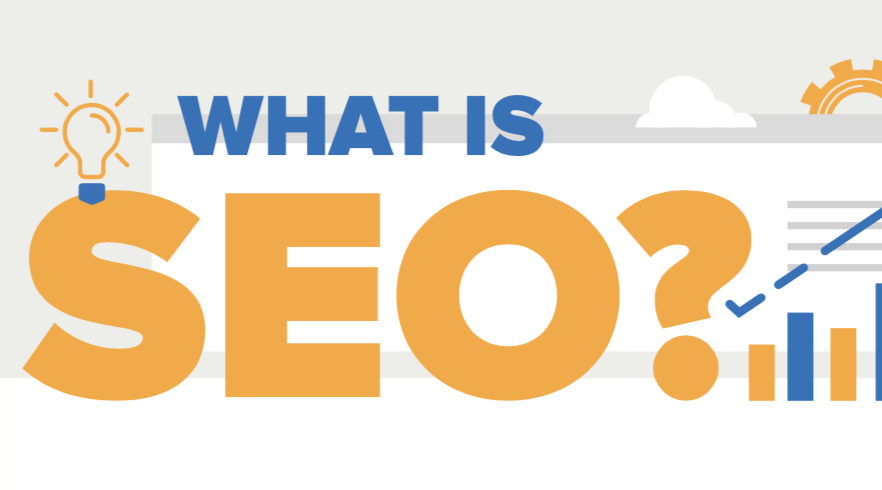A Search Engine is a website that allows you to search for things on the internet. The most common search engines are Google, Bing, and DuckDuckGo.
SEO stands for Search Engine Optimisation. The better your website’s Search Engine Optimisation is, the more likely your website will be shown on the first page of a Search Engine site when someone searches for what your website is about.
Put simply, the quantity and quality of traffic to your website through organic search engine results.
What goes into SEO?
To understand the true meaning of SEO, let’s break that definition down and look at the parts:
Quality of traffic. You can attract all the visitors in the world, but if they’re coming to your site because Google tells them you’re a resource for Apple computers when really you’re a farmer selling apples, that is not quality traffic. Instead you want to attract visitors who are genuinely interested in products that you offer.
Quantity of traffic. Once you have the right people clicking through from those search engine results pages (SERPs), more traffic is better.
Organic results. Organic traffic is any traffic that you don’t have to pay for.
How SEO works
You might think of a search engine as a website you visit to type (or speak) a question and it magically replies with a long list of links to webpages that could potentially answer your question.
That’s true. But have you ever stopped to consider what’s behind those magical lists of links?
Here’s how it works: Google (or any search engine you’re using) has a ‘crawler’ that goes out and gathers information about all the content they can find on the Internet. The search engine then builds an index or directory with that information. That index is then fed through an algorithm that tries to match all that data with your query.
There are a lot of factors that go into a search engine’s algorithm, and here’s how a group of experts ranked their importance:

That’s all the SE (search engine) of SEO.
The O part of SEO – optimization – is where the people who write all that content and put it on their sites are gussying that content and those sites up, so search engines will be able to understand what they’re seeing, and the users who arrive via search will like what they see.
Optimization can take many forms. It’s everything from making sure the title tags and meta descriptions are both informative and the right length to pointing internal links at pages you’re proud of.

